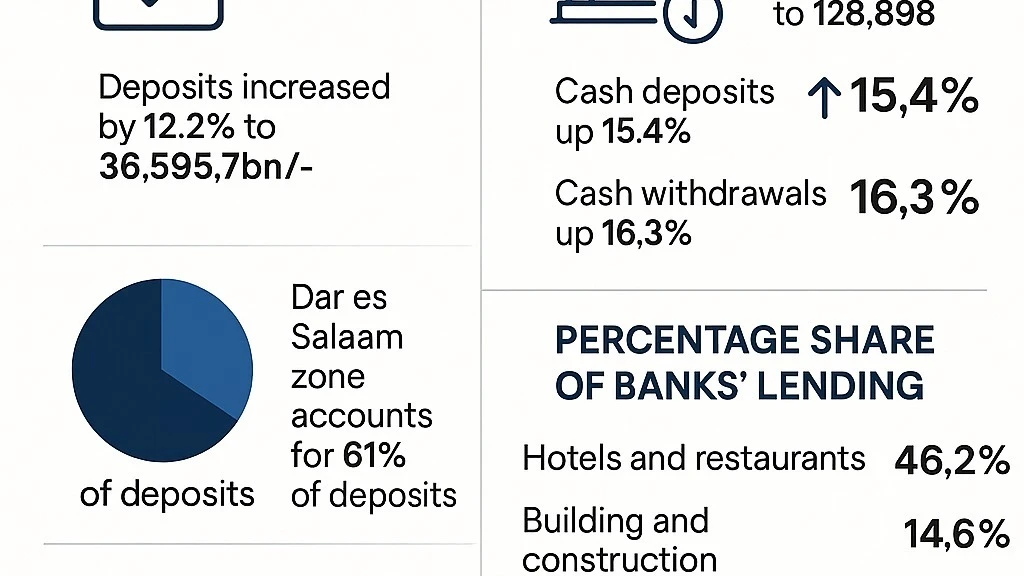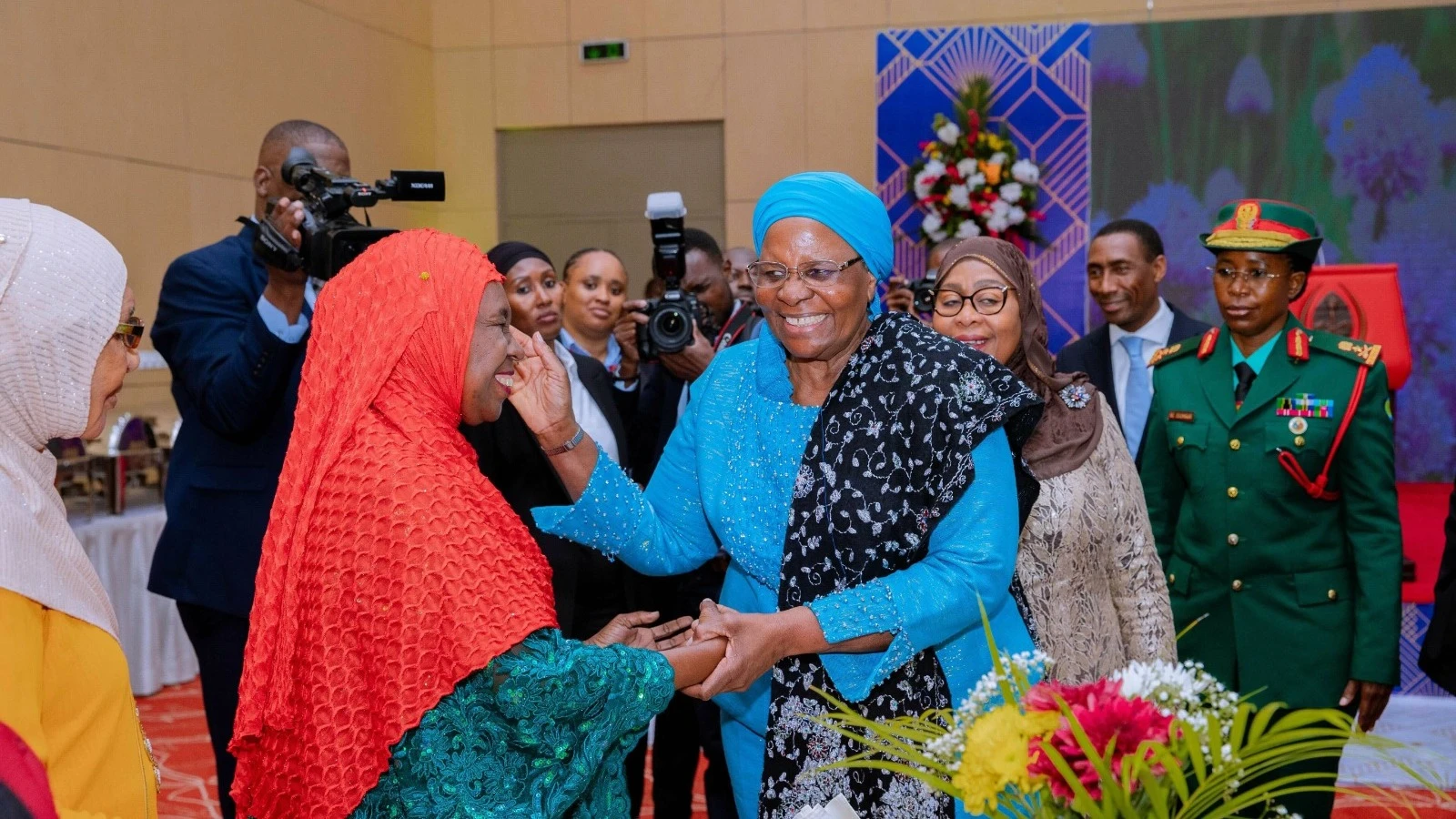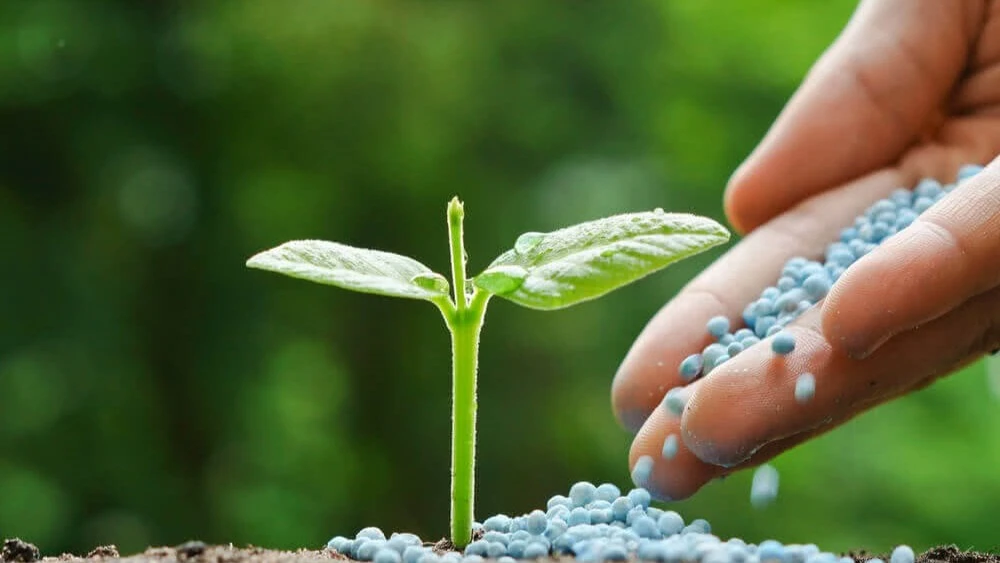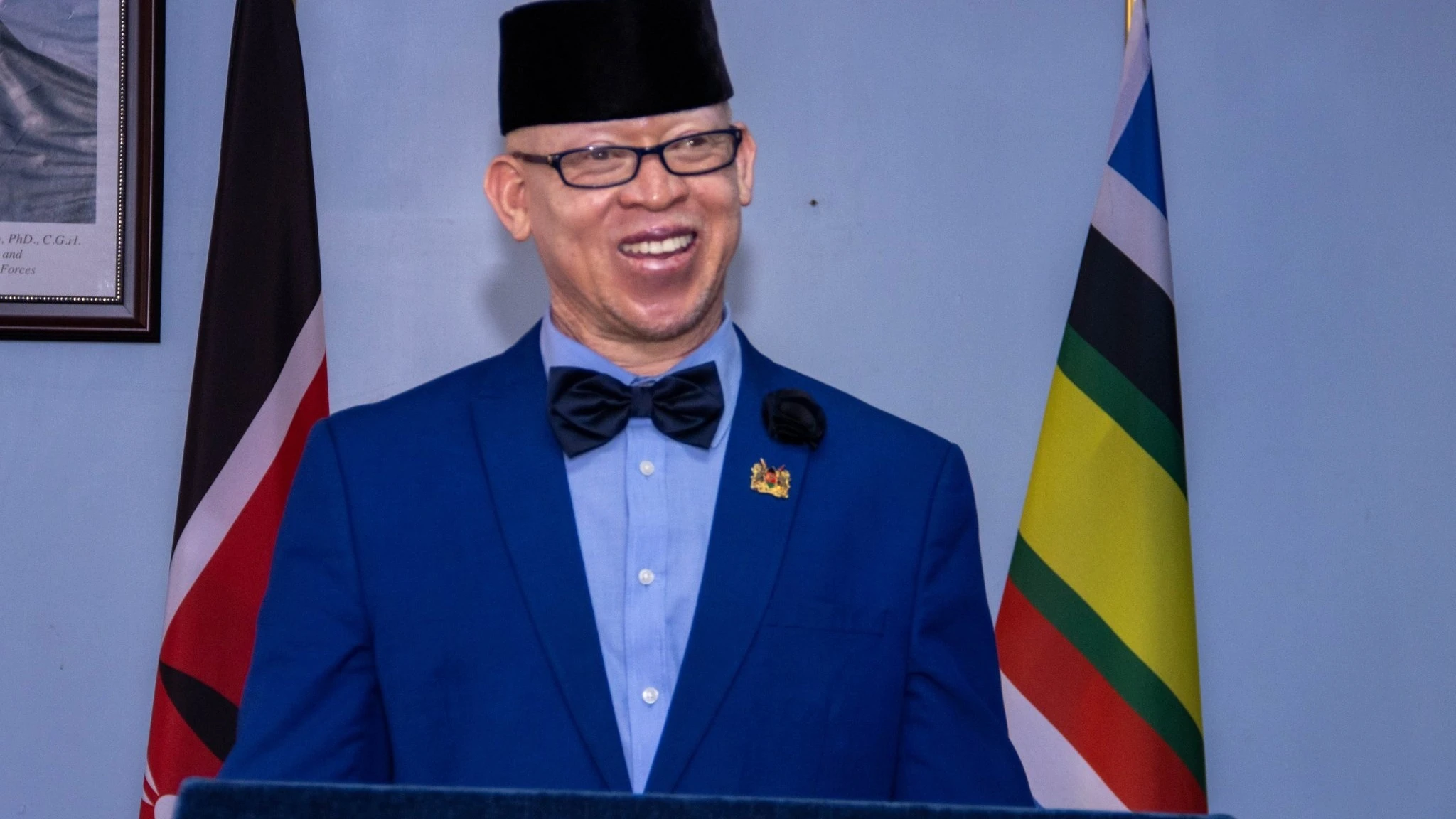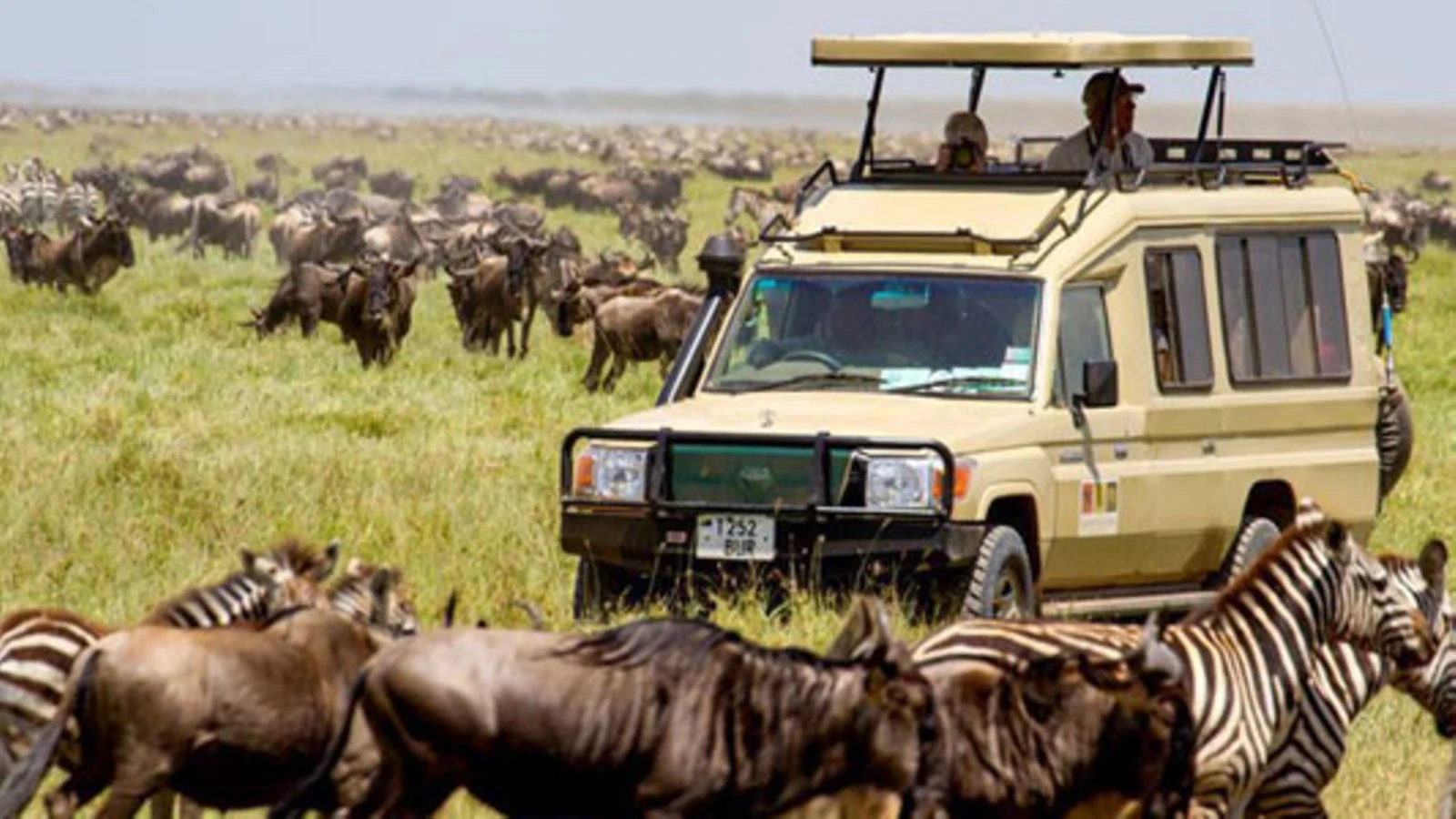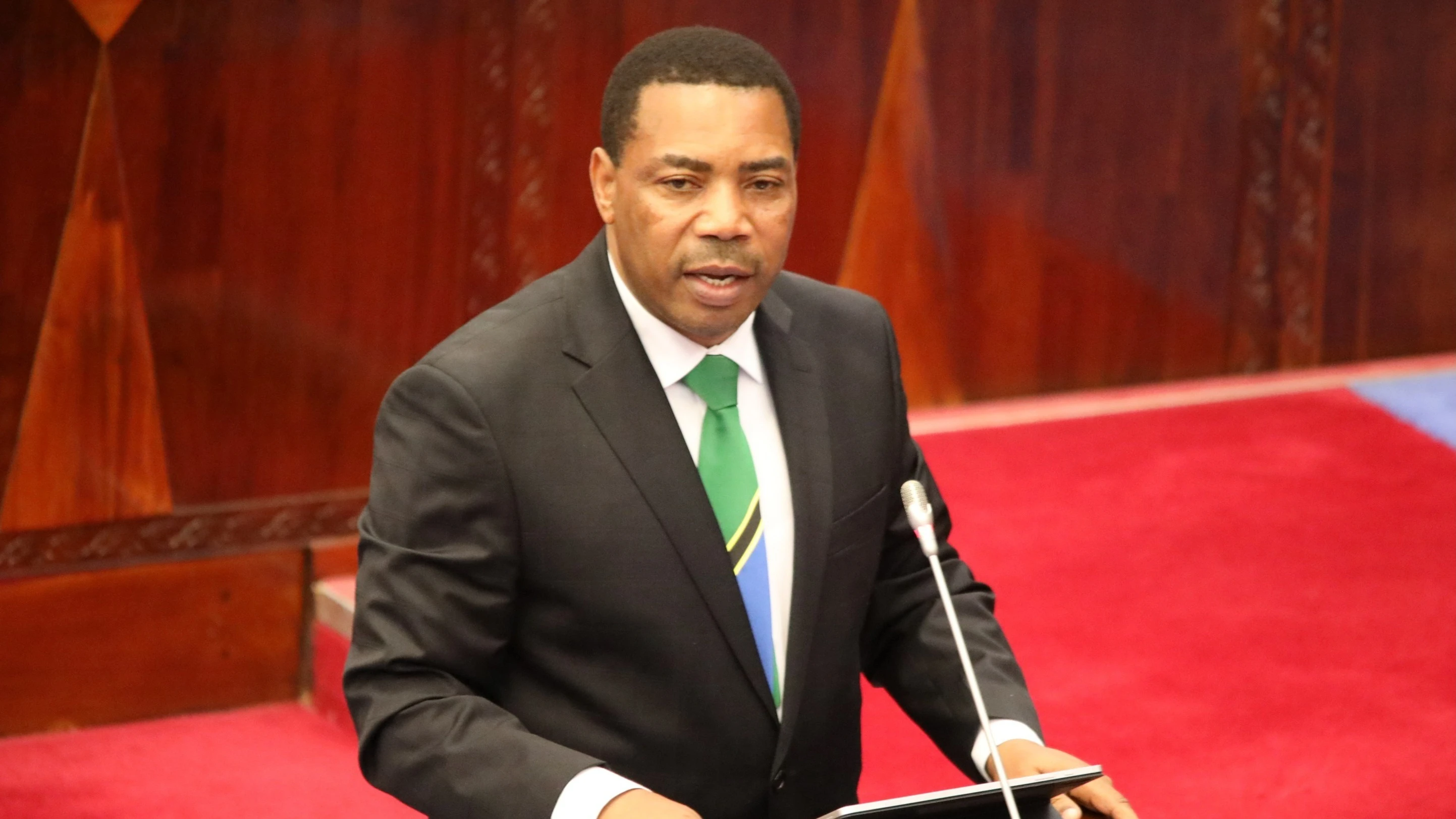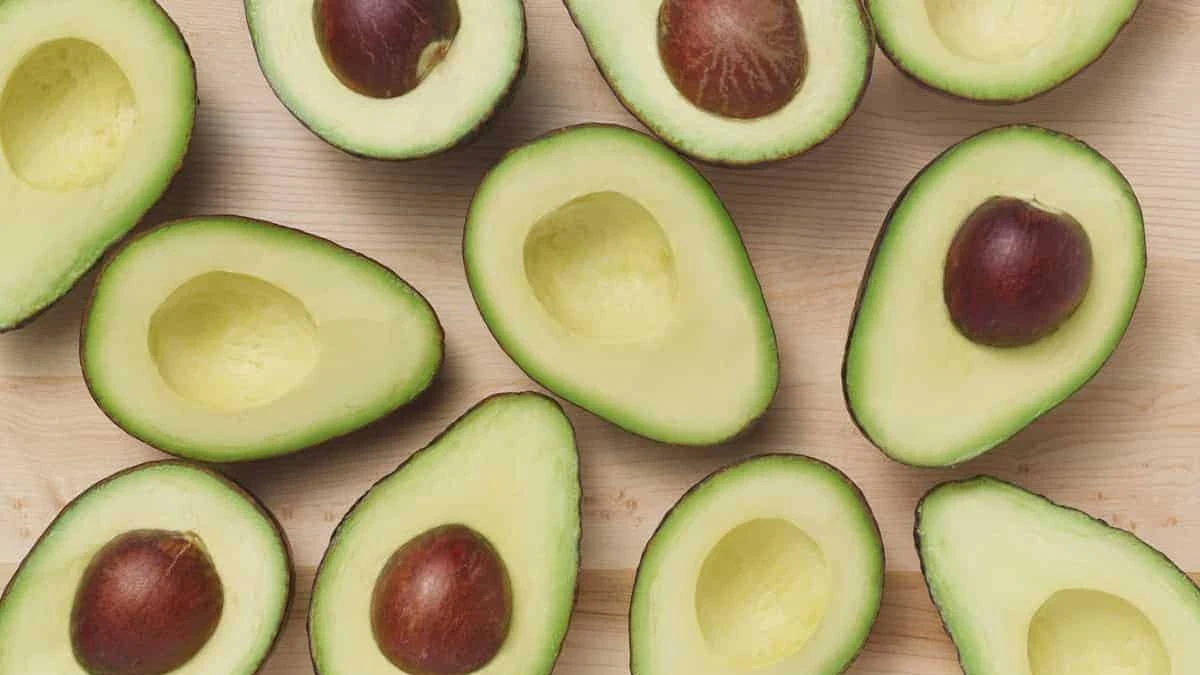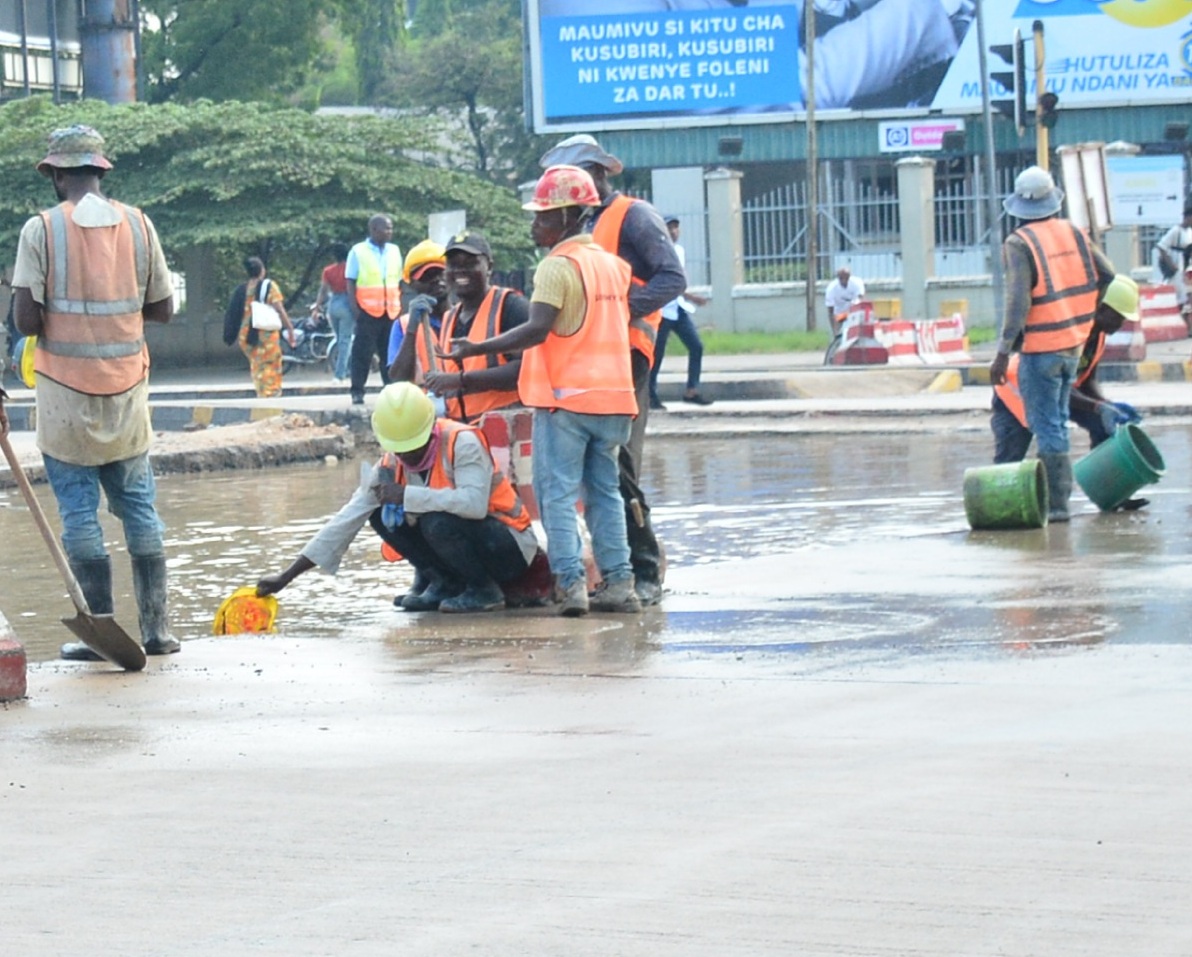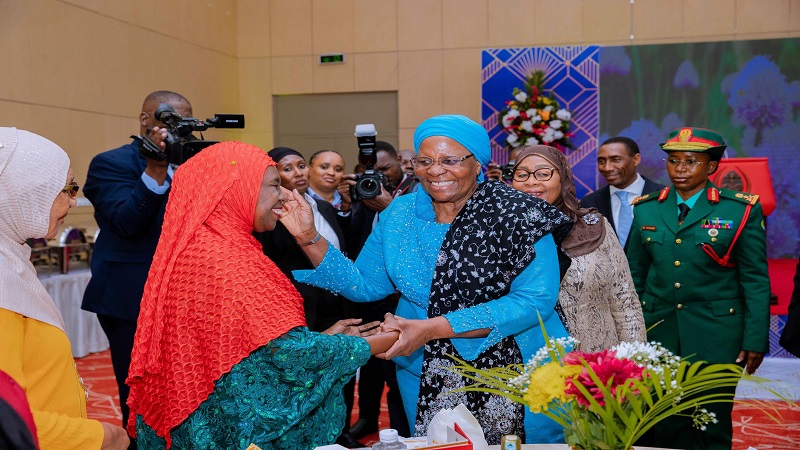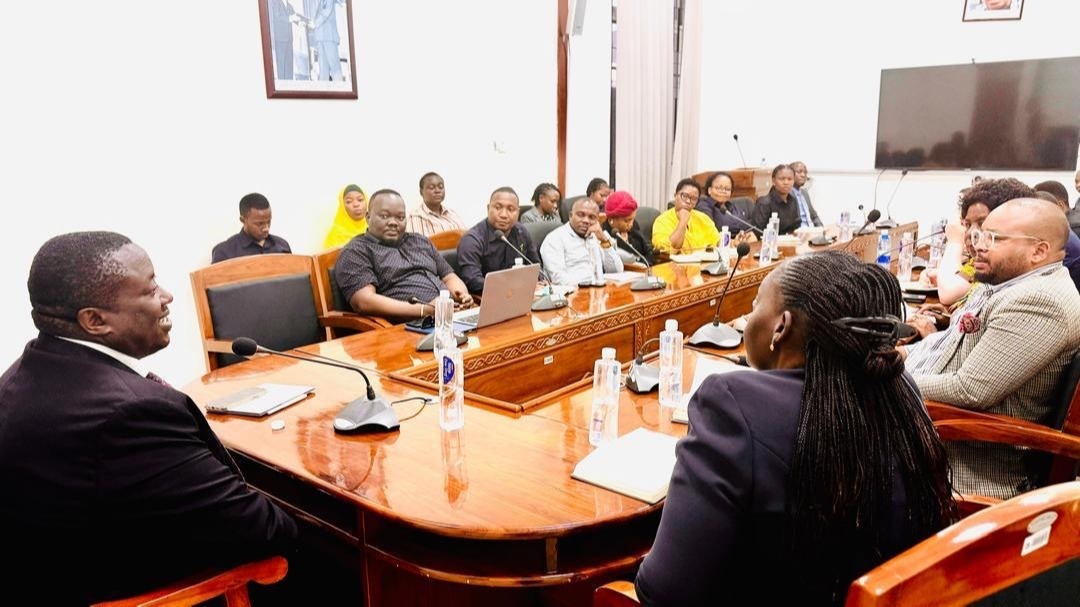BBT, fertiliser subsidies top agro-sector projects
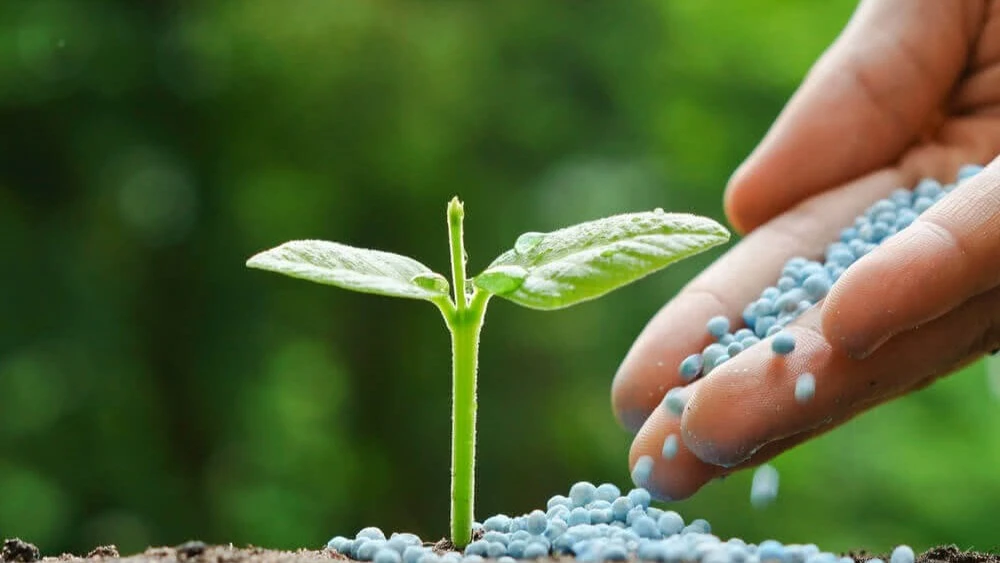
TRANSFORMING agriculture into an engine for economic growth and food self-sufficiency is a core priority of the government in the coming year, the legislature was told yesterday.
Hussein Bashe, the minister, made this affirmation when delivering fiscal 2025/26 estimates to the National Assembly, setting out six priorities to revitalize the sector, citing boosting productivity and creating inclusive employment opportunities for the youth, as well as women.
Other targeted spheres are strengthening food security, enhancing market access for various crops, reforming cooperatives and expanding the use of digital technologies in agriculture, he stated.
Seeking approval of the 1.24trn/- estimates, he said the main priorities are critical for building a resilient and competitive agriculture sector that meets the needs of the farmers and contributes to wider economic development.
The ‘Building a Better Tomorrow’ (BBT) initiative will be pursued, to empower youth and women via access to land, credit, agricultural training and support for seedling production and commercial farming, he said.
This initiative is designed to make farming a viable and attractive livelihood, particularly for young people, while improving productivity and sustainability.
The government is ramping up investments in irrigation schemes, research centres, farm tool hubs and market infrastructure. A significant portion of the 1.24trn/- budget is also allocated to agricultural subsidies, he said.
More than 1.5m tonnes of fertiliser will be distributed under the national subsidy scheme through the Tanzania Fertiliser Regulatory Authority (TFRA), along with 52,000 tonnes of maize seeds and 5,000 tonnes of sunflower seeds, he said.
Agricultural GDP from crops will rise by five percent while strategic crops output is projected to rise from 1.45m to 2.27m tonnes, with 130 percent national food self-sufficiency projected.
Earnings from crop exports are expected to rake in 4bn/- with the historic sisal industry receiving renewed government support. A total of 20,000 acres of consolidated sisal farms will be established across ten regions including Tanga, Morogoro, Tabora, and Kilimanjaro, the minister noted.
Sisal waste will be repurposed to produce animal feed using black soldier flies, he said, pointing at ongoing research exploring protein extraction from the waste to enhance livestock nutrition.
Sisal production hit 61,215 tonnes in the current season, drawing closer to the national target of 80,000 tonnes, he said. A new national extension services agency is being set up while equipping extension officers with 100 vehicles, 3,000 tablets and 5,000 uniforms to improve outreach to farmers.
The minister directed local authorities to ensure that Ward Agricultural Resource Centres (WARCs) are returned to their original purpose of supporting farmers’ training, not being used for administrative purposes.
“Start preparing those facilities for agricultural use—funding for renovation is already allocated,” he elaborated. The government intends to ban importation of fortified crops from abroad as locally developed fortified maize, beans and potatoes will be prioritised to address malnutrition and promote homegrown innovation. “This is not just about health—it’s about scientific leadership and supporting our own institutions,” he added.
Top Headlines
© 2025 IPPMEDIA.COM. ALL RIGHTS RESERVED









